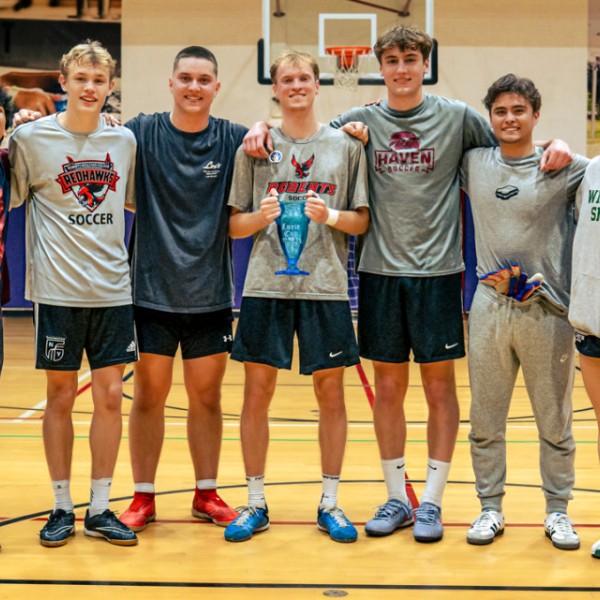What does global development mean to you?
I think that the next chapter in our work to bring about a more socially just, equitable and resilient future on our planet must focus on centering community needs: lifting up community voices and leveraging tools and resources to empower communities to bring change.
And so to the extent that global development is a way to describe doing that — training people to do community-based work — I think global development means training the next generation of change makers.
Your policy work has been multidisciplinary, uniting life and social sciences on issues such as water security and environmental protections. What advantages do you see in combining social and physical sciences in policy work?
I really think of myself as a science translator. One of my primary jobs is to take physical and biological sciences and social sciences and really translate that into good, evidence-based policy, and also to translate between the physical sciences and social sciences. And I really credit the approach that Cornell takes in their graduate programs, especially in CALS and encouraging people to have multidisciplinary committees and research.
When I was working on my Ph.D., my mentors were in Native studies and in natural resources. And even when I did my comprehensive exams, my natural resources faculty member was asking me questions about water chemistry and biodiversity, and my associate faculty were asking me theoretical questions about political economy. I think there's such a value in having that sort of interdisciplinary background and training because part of what I was really interested in when I went back to school was to understand how social, political and economic systems constrain the ability of our communities to thrive and live sustainably. You can approach these questions from a technical standpoint, especially around water and food.
I think that the power of having an interdisciplinary training is that you are able to translate between different realms.
So take water, for example: I work a lot with climate and hydrological scientists and I'm often one of only one or a small handful of social scientists who are on teams with physical scientists. We face really big questions about what we are going to do about our water supply: for example, is climate change radically changing everything? You need social scientists who can help understand how you craft solutions and understand what the science is telling you on the physical sciences side. And then, knowing that, how do you translate that into policy?
Do you have any favorite memories from your time at Cornell?
I have so many favorite experiences. I think the thing that stands out most for me is the incredible people. The thing that is so unique I think about Cornell is that people come from all over the world to study there, especially in CALS. I loved engaging with people from all over the world who are grappling with these huge questions, and meeting together to exchange ideas and share new ways of thinking.
What advice would you give to undergraduate and graduate students studying global development who want to pursue a career in public service?
I think my main advice is to reach for the stars.
I think that most people who go into global development or social science are drawn to the field because they care deeply about something, and especially about social change and addressing needs of their communities or the well-being of people.
There are so many different ways that you can do that work. You can be a scholar and a policymaker, or you can just go the scholarly route, you can just go the policymaker route, or you can go the community activist route.
And what I think oftentimes people don't realize is that we need more scientists and we need more researchers to go and serve as government officials and to run for office. I always, always encourage people to listen to whatever is in your heart.






